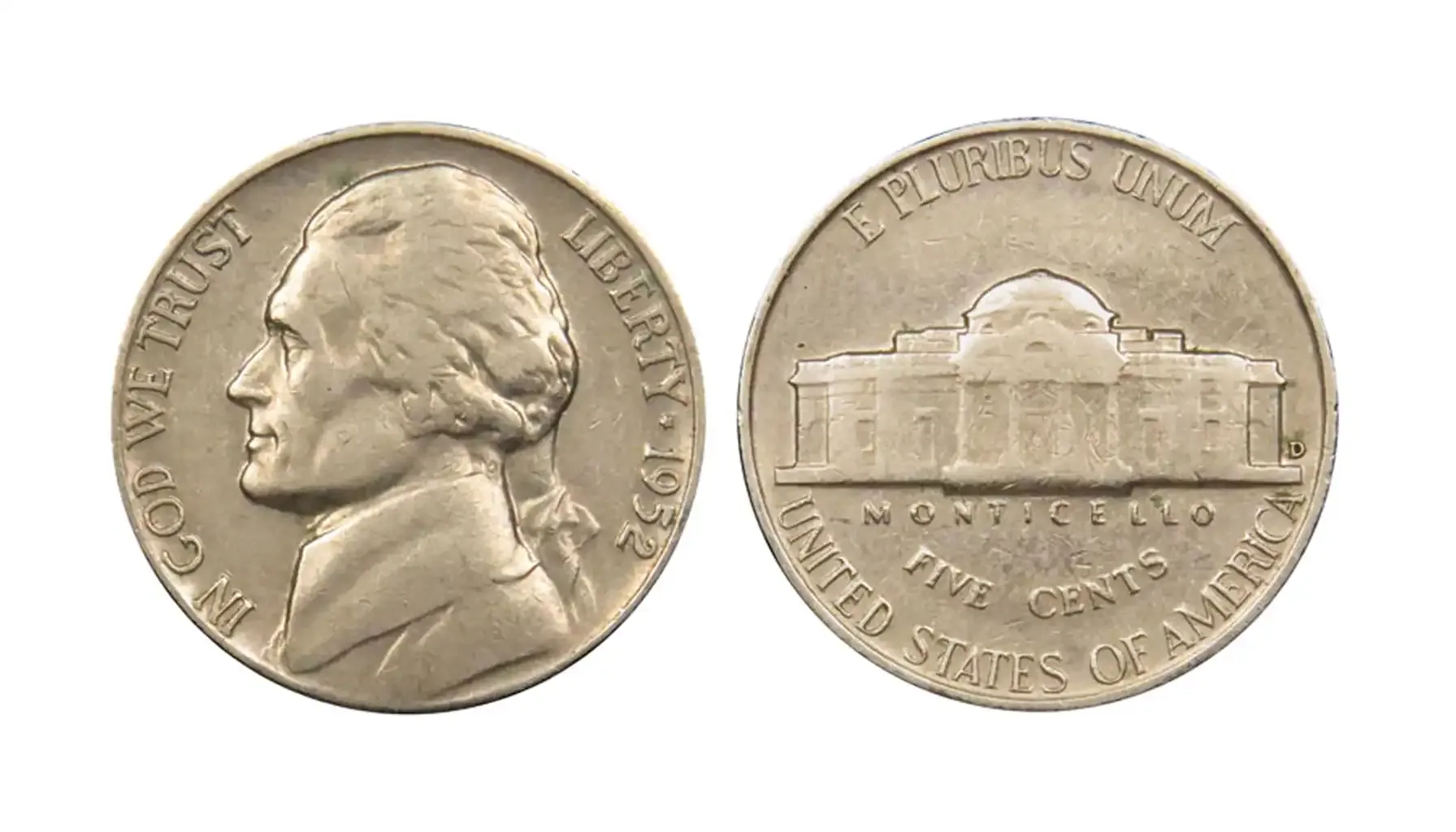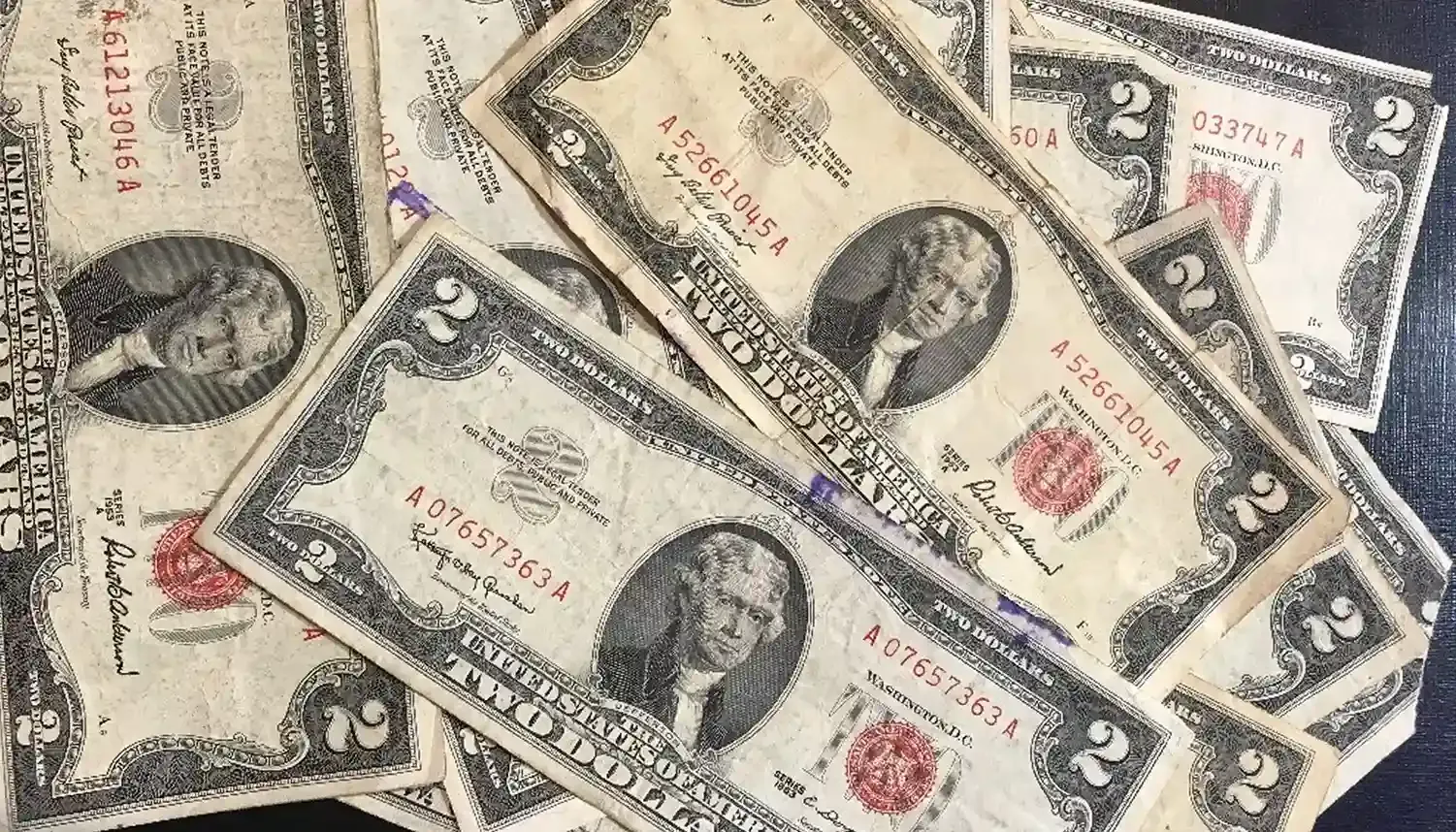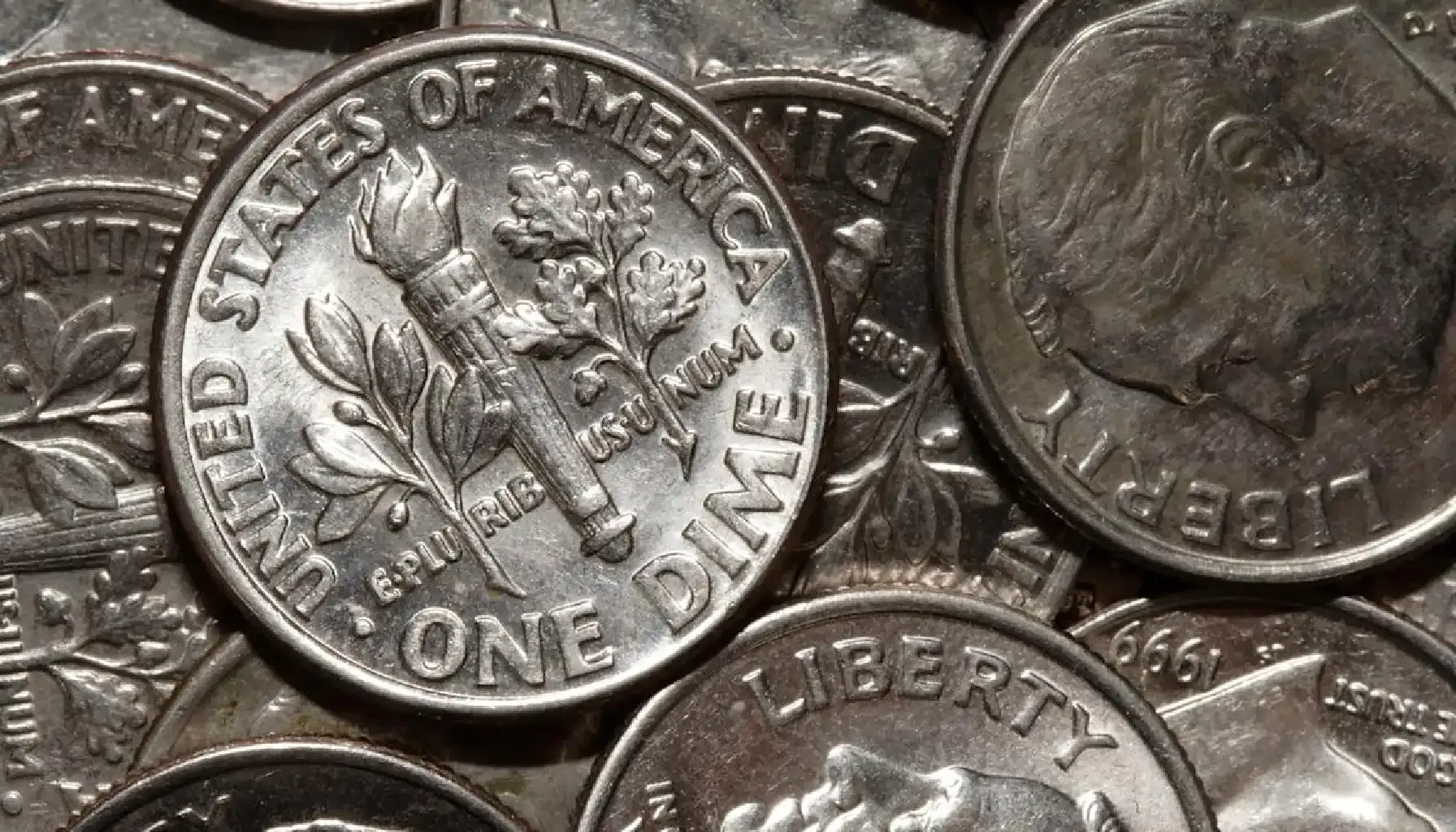Contents:
If you have a collection of coins and find yourself asking, "Where can I get my coins graded near me?", you're not alone. New collectors, seasoned numismatists, and many other people understand that this is an important step to make sure about their collection’s value and authenticity.
If you know how to authenticate a rare coin and how the process works, it can make all the difference in building a certified collection that holds its worth and can also appreciate over time.
Now, we're going to discuss everything about how to get coins certified, where to send them, and how much you can expect to pay for professional grading.
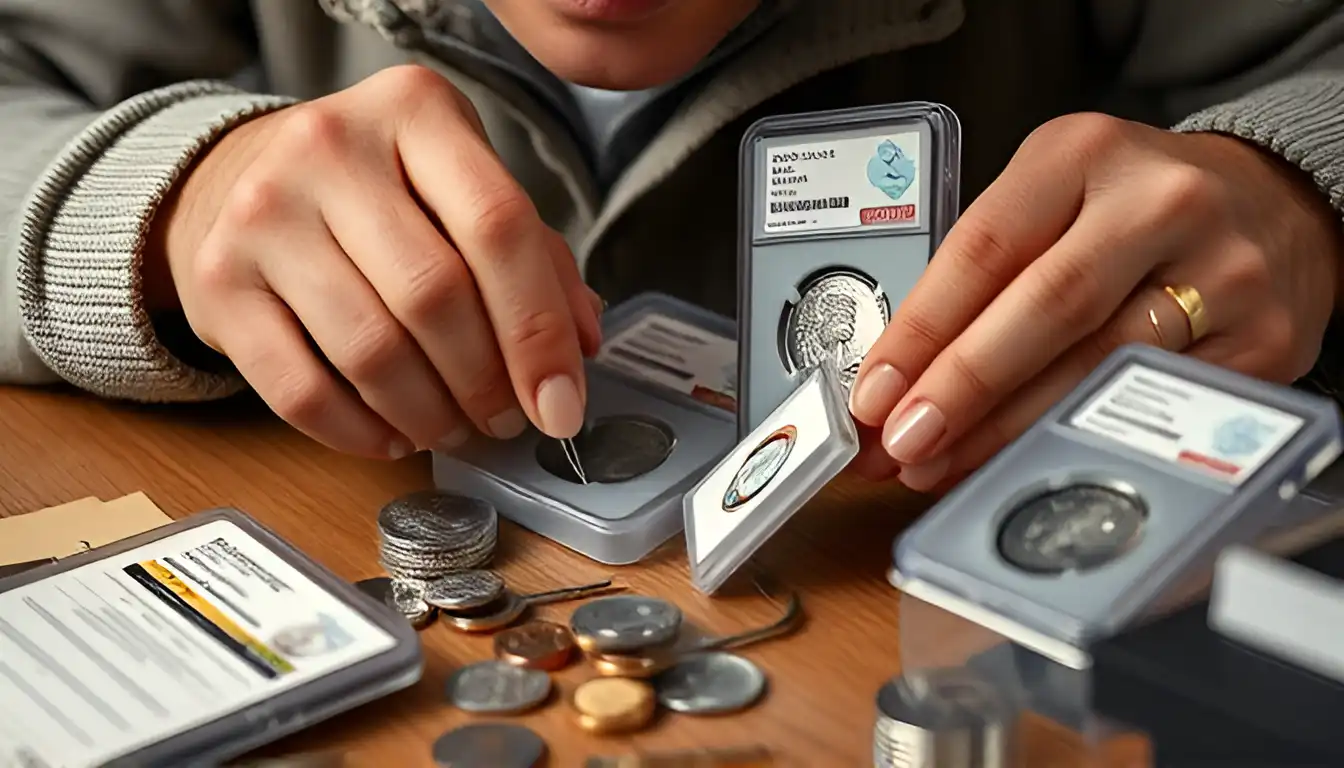
Where Can I Go to Get My Coins Graded?
The first question most collectors ask is: How do I get coins graded near me? The answer is connected with choosing the right grading service. There are two major organizations for grading that are trusted by millions:
Professional Coin Grading Service (PCGS): It is one of the most respected names in the grading industry. It was founded in 1986. Its specialists provide authentication and grading - each coin’s true value is recognized and protected. They specialize in many types, e.g., modern, vintage, etc. How do I get my coins graded by PCGS? You can visit their website for submission instructions or go through an authorized dealer to understand how to get your coins graded in detail.
Numismatic Guaranty Company (NGC): It is another famous grading company that provides expert evaluation and certification. It was established in 1987. Since, they’ve graded millions of pieces worldwide: U.S. and international states alike. Like PCGS, you can either submit your coins directly or use a dealer as a middleman to handle the submission for you. Moreover, you can use the NGC Set Registry that is very convenient and useful for collectors.
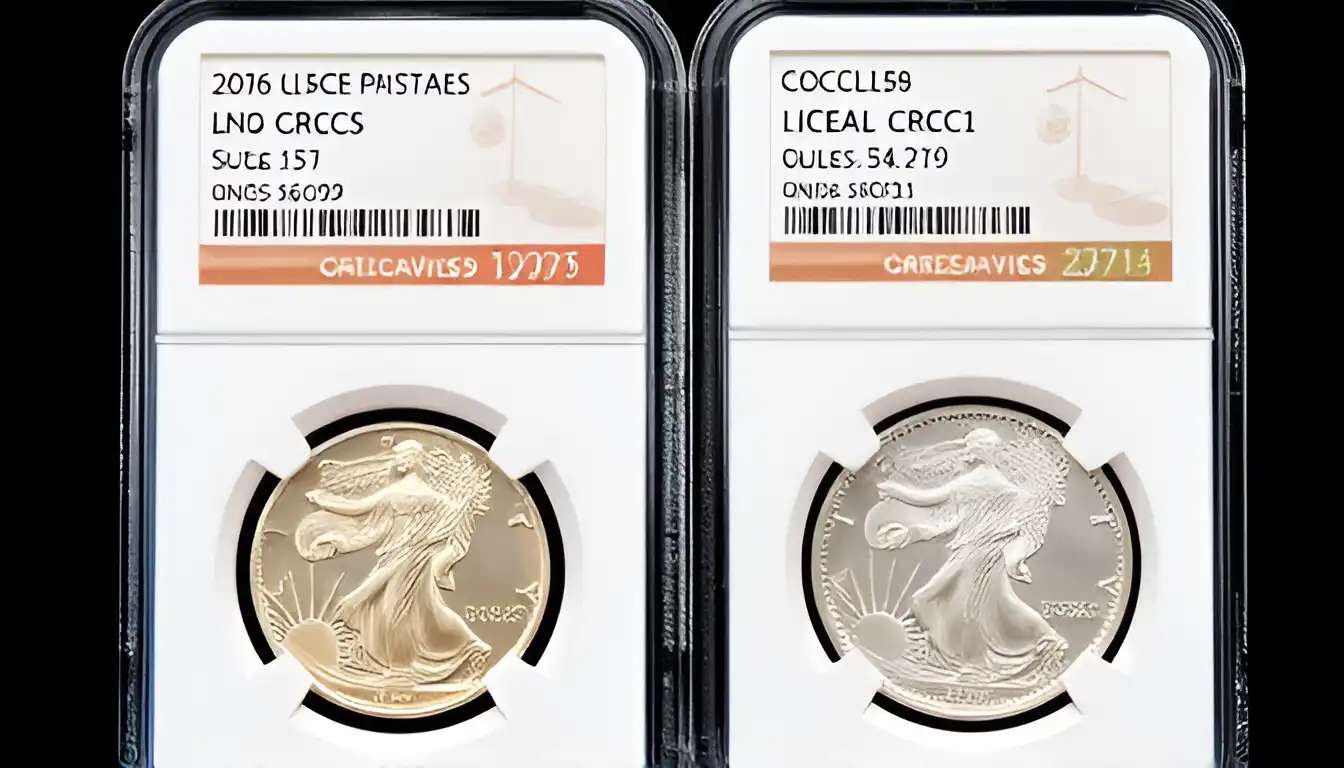
Feature | PCGS | NGC |
Founded | 1986 | 1987 |
Grading Scale | 1-70 (similar to Sheldon scale) | |
Popular Grades | MS-70 (Mint State 70), PR-70 (Proof 70) | |
Grading System | Numerical grade with detailed designations (e.g., "star," "ultra cameo") | |
Holder Type | Plastic slab with hologram label | |
Special Designations | "First Strike," "Early Releases," "First Day of Issue" | "Early Releases," "First Day of Issue," "Cameo" |
Price/Cost | Typically higher due to PCGS’s reputation | Generally slightly lower, but competitive pricing |
Grading Consistency | Highly consistent, but some dealers prefer NGC for certain pieces | Also highly consistent, and often preferred for certain types (e.g., world ones) |
Authenticity Guarantee | Offers a guarantee of authenticity and grade | Also offers a guarantee of authenticity and grade |
Resale Market | One graded by PCGS often fetch higher premiums in auctions | NGC-graded pieces also fetch good premiums, especially in international markets |
Accessibility | More limited access for smaller dealers or collectors due to pricing | More accessible to collectors, with varying submission levels |
How to Authenticate a Coin (Grading)
Choose the Right Service: So, you have a question: “How to get my coins graded by PCGS or NGC?” Both offer convenient mail-in services, but you’ll need to follow their submission guidelines closely. Note that you can choose any other service if you’d like. We don’t insist on your decision.
Prepare for Submission: When you choose your service, you’ll need to prepare your pieces for shipping. Make sure they are packaged securely to prevent any damage during transit. This is very important in getting a coin graded safely and efficiently.
Complete the Submission Form: Every grading company will require a submission form. You’ll need to fill in details about the coins you're sending, the services you want (grading only or authentication plus grading), and the shipping method for your return.
Ship Your Coins: After completing the form and packing your specimens, you’ll send them to the grading company’s location. Make sure that you use a traceable and insured shipping method for more security.
Grading & Certification: Once they arrive, the grading experts will analyze them under precise conditions. They evaluate authenticity, condition, and rarity, assigning them a grade from 1 (poor) to 70 (perfect). They will be sealed in a protective, tamper-proof case, and the certification will be complete.
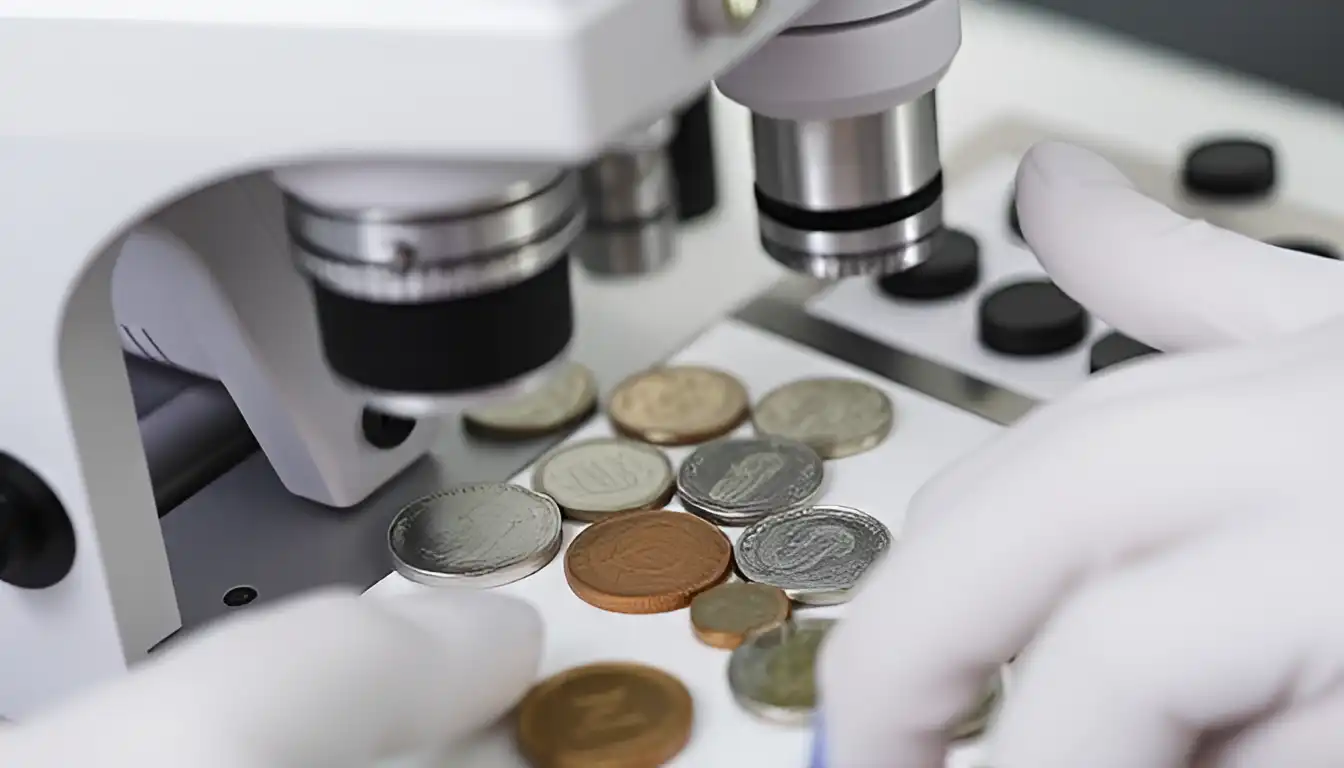
Where to Send Coins to Be Graded: Submission Options
When it comes to where I can send to grade my coin, it depends on whether you want to go the direct or indirect route:
First of all, you can send them directly to PCGS or NGC. You need to create an account on their website and follow their submission process to do it.
If you’d rather not handle the shipping yourself or want expert advice along the way, you can use an authorized dealer. These dealers act as intermediaries between you and the grading companies. They will help you with the submission, packaging, and shipping process before grading.
How Much Does It Cost to Authenticate a Coin?
Standard Grading Costs: You can expect to pay between $30 to $50 per piece. This is the general rate for common coins that don’t have extreme rarity or value.
Higher Value Specimens: If you’re submitting a rare or highly valuable piece, grading fees can rise. Those worth thousands of dollars could see grading costs as high as $100 to $300 (depends on the value and services requested).
Additional Services: You might also pay extra for special services, e.g., rapid grading, detailed imaging, and other add-ons. These services aren’t necessary for everyone but can improve the overall presentation of your collection.
The total cost will be understood after you talk to specialists of a grading company. Before such conversations you can download the Coin ID Scanner app (coin-identifier.com) and check approximate prices.

Where Can I Get My Coins Graded for Free?
It can be difficult because both PCGS and NGC, the leading grading services, typically charge for their services. However, there are a few options:
1. Coin Shows
Free Grading Events: Sometimes, shows or conventions offer free or discounted grading services as part of a promotional event. Grading services may have representatives at the shows who will evaluate your pieces for free or at a low cost as part of an educational session.
Example: Some larger conventions have free "on-the-spot" grading evaluations, but they often aren't official grades—more like an informal assessment.
2. Local Coin Dealers
Free Verbal Appraisals: Many dealers will offer a free informal appraisal of your coins. While they won't provide official grades like PCGS or NGC, they can give you a rough estimate of the value and likely grade. Some dealers may also offer to send them for professional grading if you decide to sell.
Example: Many dealers will perform a quick evaluation for free, but you should check ahead if they offer a more formal grading service.
3. Online Coin Forums or Communities
Online Grading Help: There are various online communities like the Collectors Universe Forum, CoinTalk, and Reddit's r/coins where experienced numismatists can offer free grading opinions.
Example: Submitting clear, high-quality photos of your specimen on these forums can help members give a rough grade estimate.
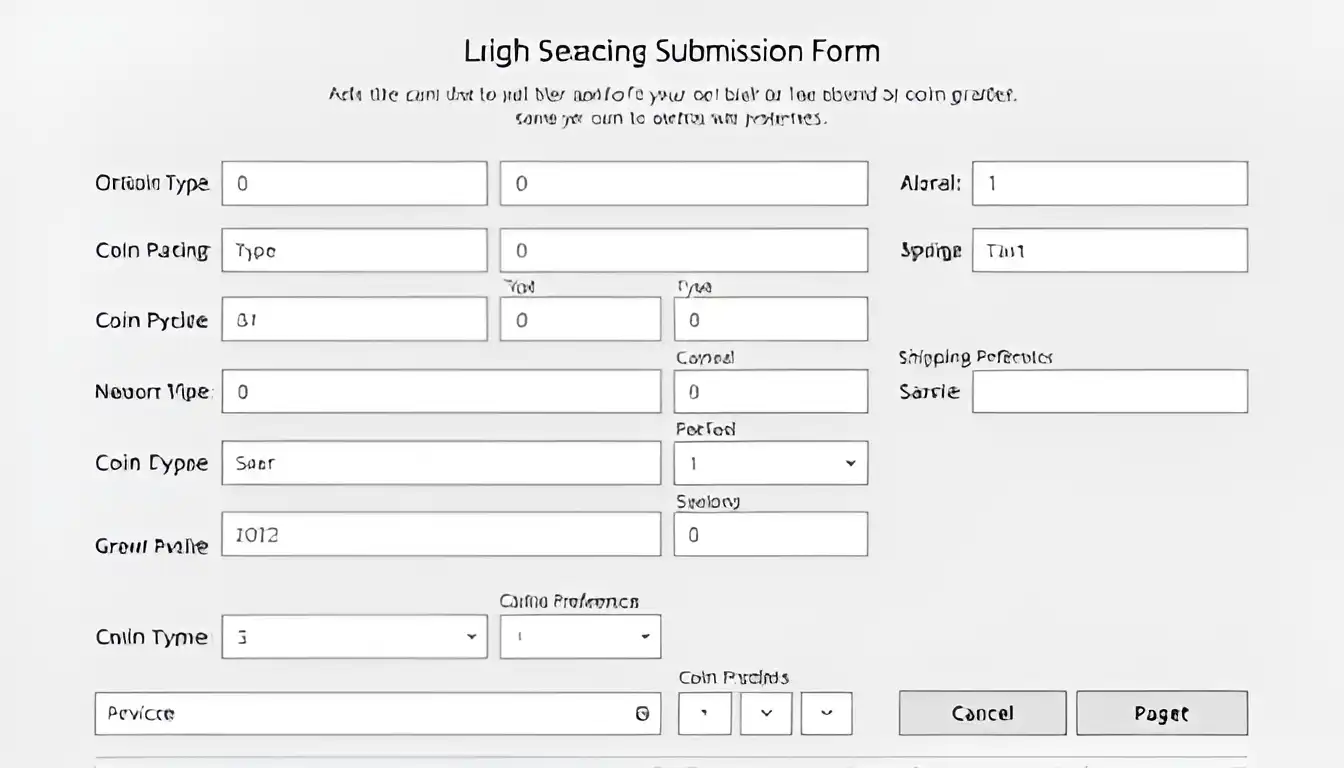
4. Appraisal Services (Limited Free Offers)
Occasional Free Offers: Some online services may offer limited free grading or appraisal offers, especially if you're sending in a large number of specimens for evaluation. Be cautious, as some of these offers may have hidden costs or conditions.
Example: Some auction houses or appraisal services may offer free evaluations for those they intend to sell on your behalf.
5. Numismatic Societies and Clubs
Free Grading for Members: Some numismatic societies or local clubs offer free grading or informal evaluations as part of their membership benefits. These might not be official grades from organizations but can still be helpful for educational purposes.
Example: The American Numismatic Association (ANA) occasionally offers free appraisals at events, and local clubs may also have similar offerings.
6. Public Libraries (Educational Events)
Educational Grading Events: Some libraries host numismatic events, often featuring a local expert or grader, where pieces may be evaluated for free during public programs.
Example: Check with your local library to see if they offer events where collectors can get their coins evaluated.
Notes:
Professional Grading: How can I get my coins graded for free? If you're seeking official grades from PCGS or NGC, there are no completely free options for submitting coins for grading. These companies charge for grading services, and the cost typically depends on factors such as value, turnaround time, and membership status.
Get Multiple Opinions: Free appraisals or informal grading from dealers or collectors' forums can help give you an idea of your coin's value and condition before professional grading.
Choosing the right grading service or the best numismatic software, understanding the costs, and overall grading process is a smart move for any serious collector (for beginners, too, though).

